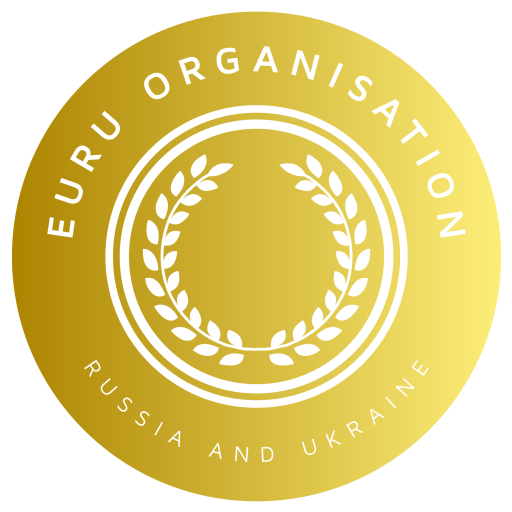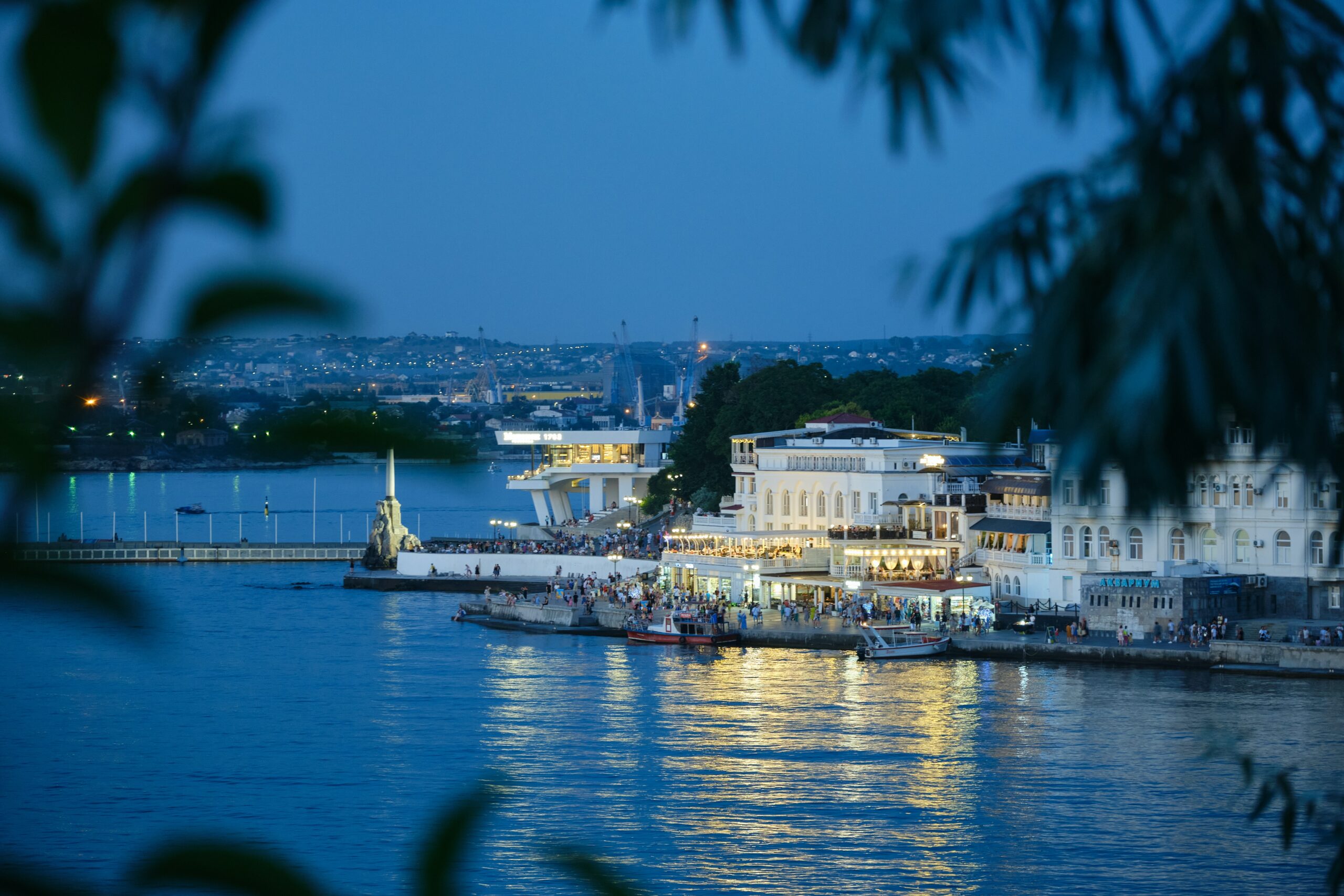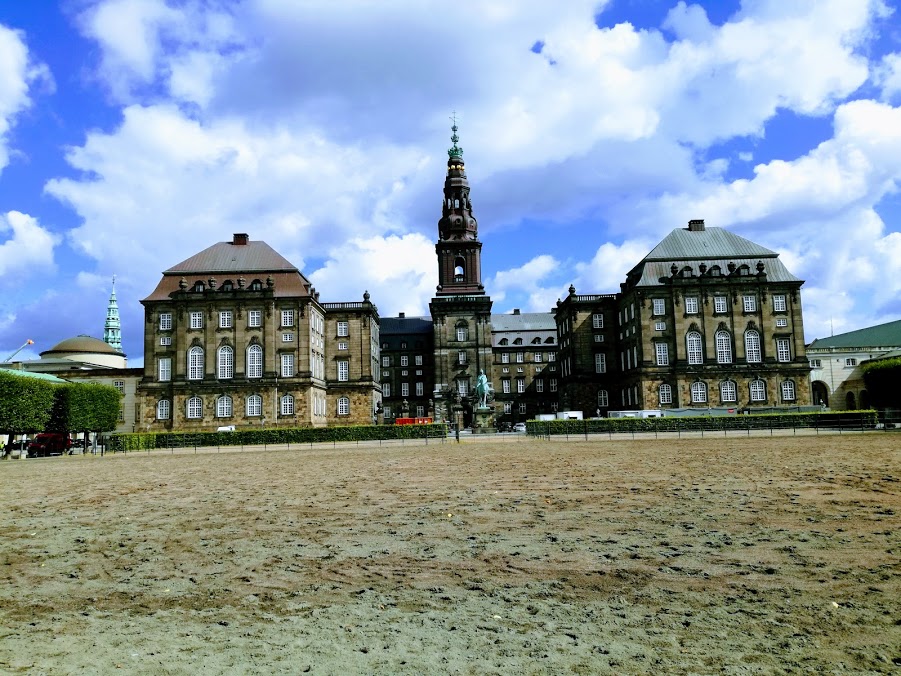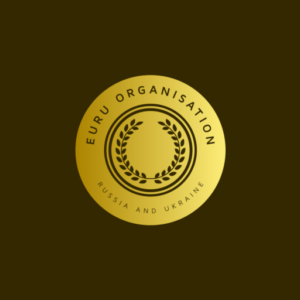The conflict between Russia and Ukraine has persisted for over eight years, costing thousands of lives, exacerbating the humanitarian situation in the region, and creating tensions in the international community. It is time for the United Nations to take an active role in mediating a peaceful resolution to the crisis and thereby contribute to ensuring stability and security in Central Europe. The peace initiatives presented here offer, to a large extent, both Russia and Ukraine the opportunity to achieve a peaceful resolution and, most importantly, to rebuild their economies, which also plays a crucial role in stabilizing the countries and providing security for the population. However, this requires diplomats with vision and a willingness to find solutions to highly complex and sensitive issues. Peace is best achieved by ensuring that all citizens feel safe both personally and economically. A peace agreement must have, as a crucial foundation, the restoration of the necessary drive for economic development in the countries; anything else is bound to fail. The Ukrainian and Russian populations have suffered enough under communism and Nazism. It is high time for European countries, including France and Germany, to step in and help establish a permanent peace institute in Istanbul, so we can gain clarity and assurance that both Ukraine and Russia are eager to find a swift resolution to the military conflict in the near future.
The Possible Mediation Center in Istanbul, Türkiye We urge the UN to take the lead in future peace negotiations between Russia and Ukraine. It is evident that these should be conducted in Istanbul, a neutral city with historical and cultural ties to both countries. Several politicians in Russia and Ukraine have called for peace negotiations. President Recep Tayyip Erdoğan of Turkey has also stated on multiple occasions that he would host future peace talks. The policy of laissez-faire must cease, and the necessary human diplomatic resources must be allocated to initiate negotiations between the countries.
The 15-2 Format This involves a 15-2 format, meaning that 15 countries negotiate with Russia and Ukraine in the peace center in Istanbul, with observer countries and organizations present.
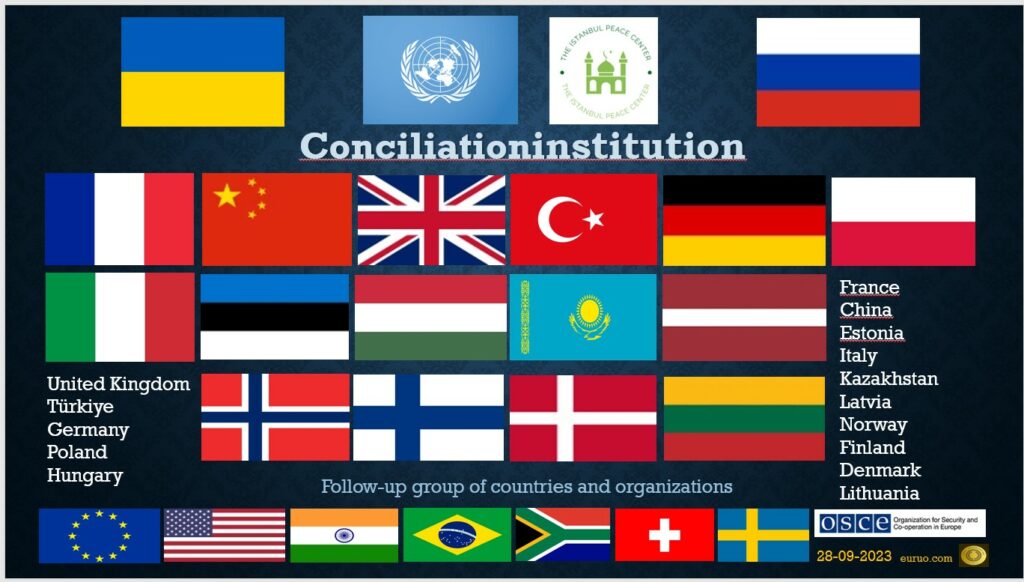
A Comprehensive Peace Agreement We propose that the peace negotiations should include the following points:
- Demilitarize the Zaporizhia nuclear power plant to reduce the risk of a nuclear catastrophe in case of further armed clashes.
- Grant Rosselkhozbank access to the international Swift payment system to facilitate trade and economic cooperation between Russia and the rest of the world.
- Improve Russian cargo ships’ access to European ports and the international insurance system to enhance maritime transport and safety in the Black Sea and the Baltic Sea.
- Reopen the ammonia gas pipeline to benefit agriculture and the environment in both Russia and Ukraine.
- Allow Ukraine to export grain from its ports, including shipping facilities in Crimea, to strengthen the Ukrainian economy and food security.
- Initiate maritime mine clearance operations to remove dangerous mines in the Black Sea, endangering shipping and fishing in the Sea of Azov.
- Recognize Ukraine’s borders and sovereignty, excluding Crimea, the future status of which is under negotiation, to respect Ukraine’s territorial integrity and international law.
- Develop a strategy for future coexistence on the Crimean Peninsula, taking into account the different ethnic, religious, and cultural groups living there.
- Provide compensation to Ukraine for war-related damages to help rebuild infrastructure, healthcare, and education in affected areas.
- Commit to no foreign troops in Ukraine in peacetime, except for military advisors.
- Commit to no nuclear weapons in Ukraine or its maritime areas.
- Provide humanitarian aid to civilians in Ukraine.
- Establish international security guarantees for Ukraine to protect the country from future aggression.
- Work to prevent a resurgence of the conflict, including effective monitoring of the ceasefire, a humanitarian corridor for civilians in Donbas, international investigation of war crimes, exchange of prisoners of war, a ban on the development and use of nuclear weapons in Eastern Europe, and strengthening dialogue and trust between the two countries.
- Define minority rights in Ukraine, covering language, culture, education, and employment, to ensure equal opportunities and protection for all citizens, regardless of their background.
- Self-governance for Donbas within Ukraine’s borders, recognizing the special needs and desires of the population in the eastern regions while remaining part of the Ukrainian state.
- Consider the option of dual citizenship for residents of Donbas and other areas to maintain their cultural and familial ties to Russia while enjoying the benefits of Ukrainian citizenship.
- Explore leasing agreements on the Crimean Peninsula, involving Russia leasing the military base in Sevastopol and a tourist area on the Crimean Peninsula, accessible to both Russian and Ukrainian citizens. All facilities in the leased area, including ports, tourist areas, and other recreational sites, will be open to both Russian and Ukrainian visitors. This agreement does not change the official status of the Crimean Peninsula but serves as a temporary arrangement to facilitate cooperation and avoid further conflict.
- Establish a new European security structure, and provide security guarantees to Russia along all its European borders, by land, sea, and air, creating a common security space in Europe where all countries respect each other’s sovereignty and interests. There should be no military exercises at borders, and new extended flight zones for military aircraft should be introduced. “Attack military equipment” should not be stationed near the borders, and some form of buffer zones should be established, with only regular border patrol at the countries’ borders.
- Restore Nord Stream 1 and 2, and commit Germany and other countries to purchase natural gas and oil from Russia. This will ensure energy supply and diversification in Europe, as well as promote economic cooperation between Russia and the EU.
- Lift all sanctions against Russian businesses and release frozen Russian assets, enabling Russian companies to resume their normal activities in the global market and contribute to Russian economic growth.
- Encourage businesses that have left Russia to the extent possible to reinstate their businesses and operations in the country, benefiting the Russian people and the Russian economy. This will create jobs, foster innovation, and spur development in Russia. Russia also commits to returning frozen assets and returning nationalized companies to their owners.
A Peaceful Resolution to the Crimea Conflict We believe that this comprehensive peace agreement will benefit both Russia and Ukraine, as well as the entire Europe and the world. We hope that the United Nations will take the initiative to organize peace negotiations as soon as possible and support the parties in achieving a lasting peace. We also urge the UN to continue working on a peaceful resolution to the status of the Crimean Peninsula. We recognize that this is a complex and sensitive issue that requires broad engagement of all affected parties. We propose that the UN establish a special commission to examine the historical, legal, political, and humanitarian aspects of the case and provide recommendations for a future arrangement. This work can be carried out from a possible future peace center in Istanbul.
Chat GBT translatet




